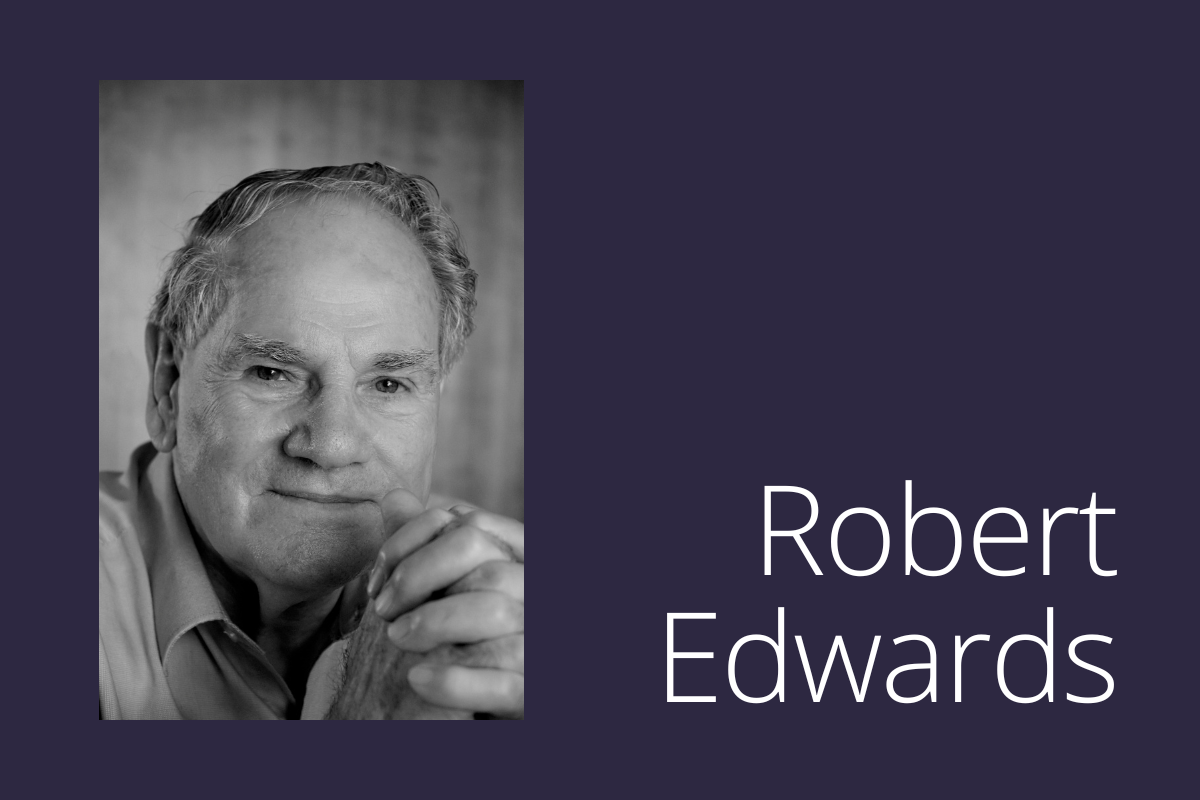Philip Thomson, Professor Emeritus of German Studies in the School of Languages, Literatures, Cultures and Linguistics at Monash University, died suddenly from a heart attack at his home in Port Melbourne on 30 May 2022.
Professor Thomson was born into a working-class family in Newcastle, New South Wales, on 3 January 1941 and was educated at Newcastle Boys High School and at what would become the University of Newcastle but was then still the Newcastle University College of the University of New South Wales. There, he majored in French and German and in 1961 graduated with First Class Honours. He spent two years as an exchange student in Germany before being recruited into the PhD programme at Monash University by Leslie Bodi, the university’s foundation professor of German, whom Philip had first met at Newcastle. Philip was appointed as Senior Teaching Fellow in 1967 and as Lecturer in 1968. He returned to Germany on a Humboldt Postdoctoral Fellowship during 1971-72.
Philip’s PhD thesis had been a study of The Grotesque in Modern German Poetry 1880- 1933, which was submitted for examination in 1969. It was published in book form by Hawthorn Press in 1975, but also laid the basis for two other publications, The Grotesque (Methuen, 1972) and An Introduction to Modern German Poetry (Wiley, 1975). The grotesque, as Philip understood it, was a combination of the horrific and the comic, often with a strong affinity to the physically abnormal. Its characteristic structure is thus the unresolved clash of incompatibles in both work and response. What fascinated him about the grotesque, and indeed about modernist art more generally, was their preoccupation with distortion and transgression and what these suggest about the supposedly ‘normal’ human condition. The grotesque mode, he argued, tends to become prevalent in times of social disorientation and has thus become predominant in contemporary world literature. And it is intrinsically more insightful than tragi-comedy: ‘Tragi-comedy points only to the fact that life is alternately tragic and comic, the world is now a vale of tears, now a circus. The grotesque … has a harder message. It is that the vale of tears and the circus are one, that tragedy is in some ways comic and all comedy in some way tragic and pathetic.’
Bertolt Brecht had featured in each of the studies of the grotesque, but only acquired a central position in Philip’s The Poetry of Brecht (University of North Carolina Press, 1988). Here, the key question became the poet’s relation to the reader, a relationship that implies self-concealment as well as self-revelation. Brecht, he argued, was not so much a poet’s poet as a reader’s poet and not so much a part of the German poetic tradition as the primary instance of a deliberately subversive countertradition. The book’s central argument runs thus: ‘Always highly conscious of his image, and always disposed towards the address to the reader, whether direct or oblique, Brecht offers us the very model of a personal poet, entering into intimate, but also intricate, dealings with his reader’. Methodologically, Philip deploys a version of reader-response theory, normally reserved for prose fiction, so as to analyse Brecht’s poetry. The book, a collection of seven studies of different aspects of Brecht’s work, clearly takes issue with dominant approaches to Brecht in Germany itself. Indeed, Philip explicitly defends the advantages of the view ‘through a long-range telescope located outside Germany’.
Leslie Bodi’s vision of how a humanities faculty should ideally function was as a series of disciplinary departments traversed by, and actively engaged with, a set of interdisciplinary programmes, like European Studies and Comparative Literature. Philip enthusiastically embraced this double vision, especially in respect of literary studies, teaching Comparative Literature courses on European Modernism and also acting as Director of the Centre for General and Comparative Literature from 1979 to 1981. This led him, in turn, to a series of collaborative intellectual efforts, especially Comic Relations: Studies in the Comic, Satire and Parody, co-edited with Pavel Petr and David Roberts in 1985, Postmodern Conditions, co-edited with Andrew Milner and Chris Worth in 1988, and The Modern German Historical Novel, co-edited with David Roberts in 1991.
Politically, Philip was a man of the left, although nothing like so left as Brecht himself. Like many postgraduate students and younger academics in the humanities during the sixties he was fascinated by leftist politics as well as by avant-garde aesthetics. And Monash was at the time almost certainly the most politically radicalised campus in Australia. In The Poetry of Brecht, Philip had taken issue with recent German Marxist criticism, essentially for the way it canonised Brecht, but had nonetheless insisted that this ‘should not be taken as a wholesale rejection of Marxist viewpoints. It is merely that … by an irony of history … the new Brecht critics have constructed a Brecht who is to be like a monument: fenced off, unchanging, and impervious to questions’. In the ‘Introduction’ to Postmodern Conditions, published in the same year, he and his co- editors concluded that: ‘The socialist project in the west remains today as much at an impasse as do the remnants of the historical avant-garde. But if postmodernity is a moment within capitalism, as Jameson argues, and if multinational capitalism is as destructive in its socio-cultural consequences as many of our contributors appear to believe, then the question may indeed still turn out to be socialisme (féminisme?) ou barbarie?’
In 1990 Philip was appointed to the chair of German Studies, in 1991 he was elected to a Fellowship in the Academy of the Humanities, and in 1999 he became Head of the School of European Languages and Cultures. He retired in 2002 and was appointed Emeritus Professor.
Philip was married to Helen Dimsey, who taught in English at Monash and was, under her married name, a longstanding and highly regarded theatre critic for the Melbourne Age. Philip and Helen were great entertainers and bon viveurs both at their Melbourne home and at their beach house at Mogg’s Creek (for many years Philip maintained a very handsome Melbourne wine cellar). Helen died of cancer in 2016, they had two children, Guy and Miranda, both of whom survive them. Philip never really ‘got over’ Helen’s death and had regular resort thereafter to antidepressant medication and therapy. But he continued to maintain an active intellectual and social life and was very much in love with his children and grandchildren. He retained an enthusiastic interest in rugby, cricket and soccer (as a teenager he had played representative soccer for New South Wales against Victoria). And he was an inspiration to his colleagues in German Studies – who in 2011 produced a Festschrift, Groteske Moderne – modern Groteske, for him – and to those like me whom he had recruited into Comparative Literature.
Andrew Milner
Monash University
11 July 2022



